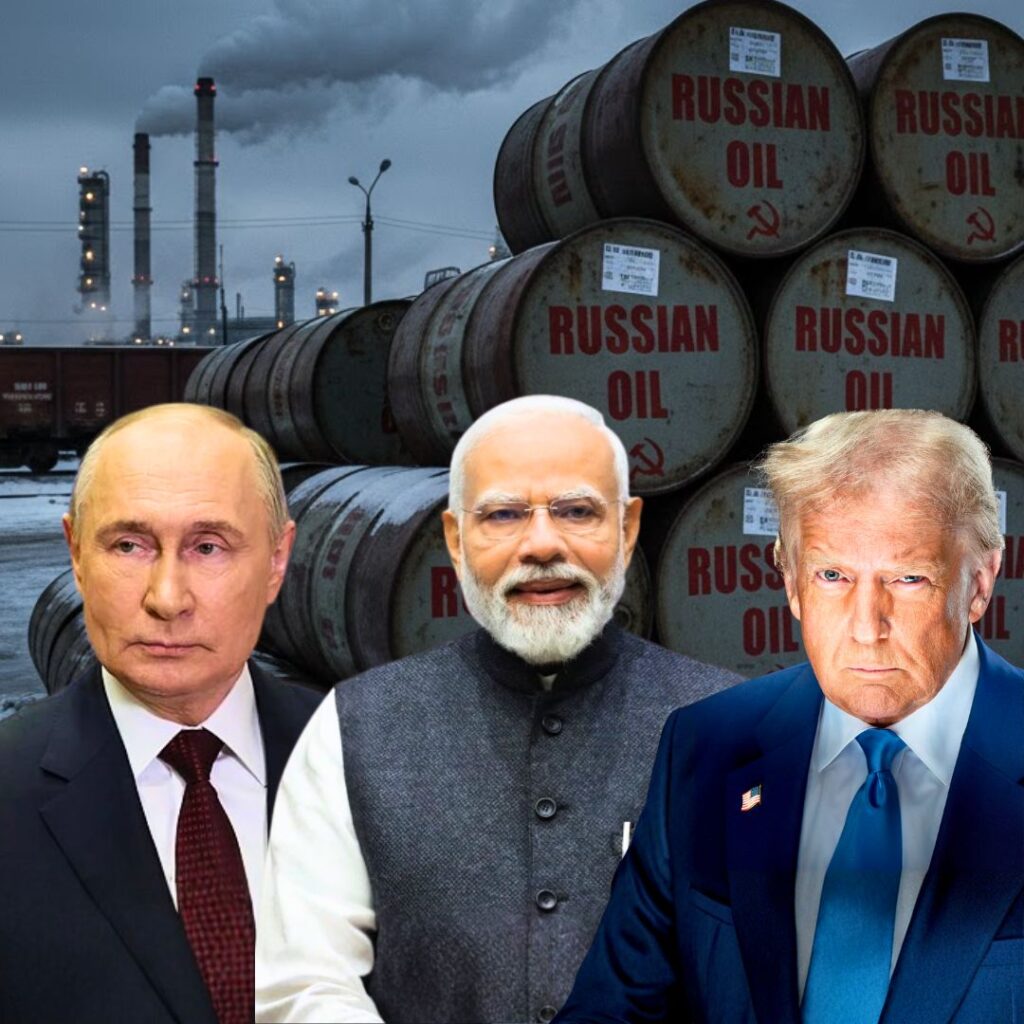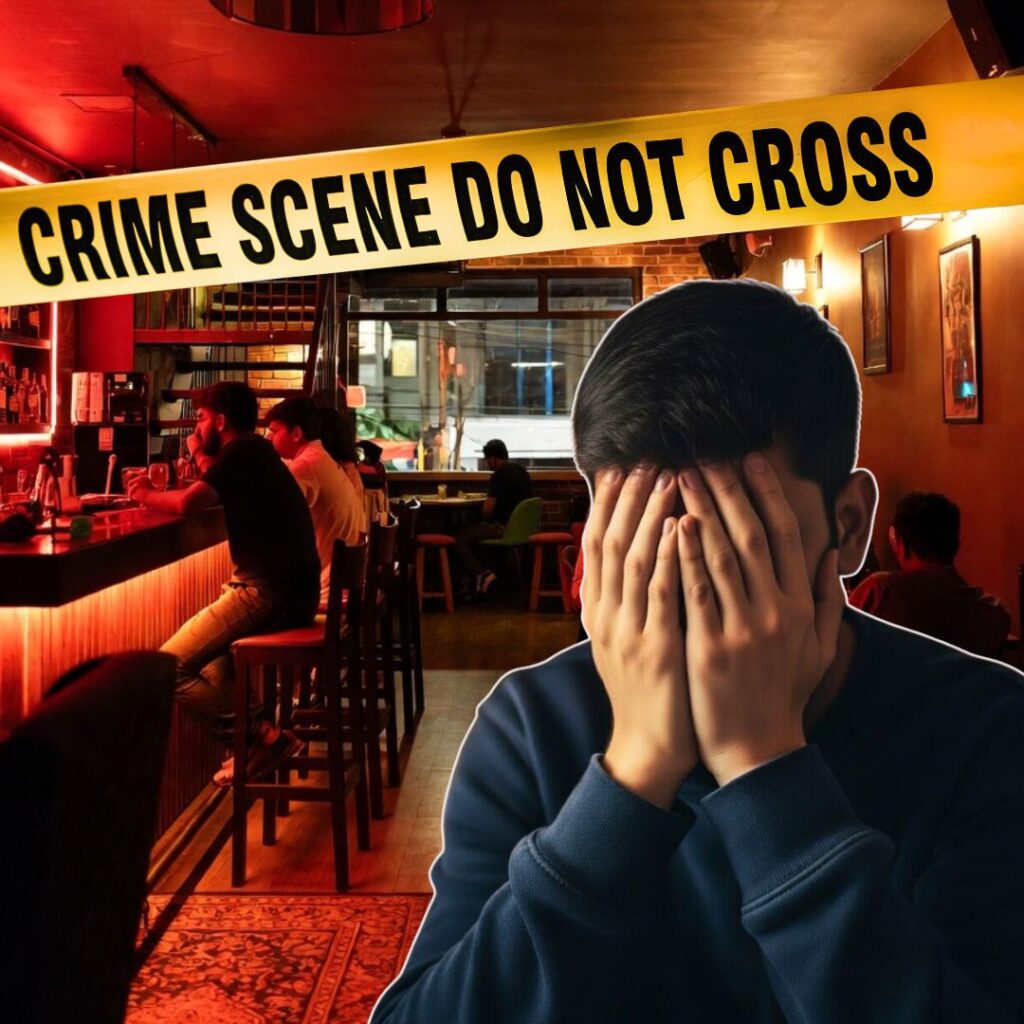Indians on Tuesday, June 30, woke up to their phones with comparatively less ‘China’.
The Ministry of Information Technology released a statement banning 59 Chinese mobile applications including popular ones like TikTok, WeChat, Helo and YouCam stating that the apps were engaged in activities detrimental to the integrity of India.
According to the statement, the Chinese apps were posing a threat to India’s mechanism of self-governance by invading, potentially corrupting its cyberspace and so it was decided to disallow the usage of these apps in both mobile and non-mobile Internet-enabled devices.
The release further stated the government, to bring in effect its decision, invoked the power bestowed to it under Section 69A of the Information Technology Act read with the relevant provisions of the Information Technology (Procedure and Safeguards for Blocking of Access of Information by Public) Rules 2009.
The reasons cited by the central government to block such apps were breaching data security norms, stealing users data and parking it in an unauthorized manner to servers located outside India. The release stated that the Ministry received inputs from several authorities and representatives raised concerns on such malicious apps, pertaining to the security of data of 1.3 billion Indians.
What is the law that empowered the government to do so?
Section 69A of the Information Technology (Amendment) Act, 2008, empowers the Central Government to block content on online platforms in the interest of sovereignty and integrity of India, defence of India, the security of the State, friendly relations with foreign states or public order or for preventing incitement to the commission of any cognizable offence.
Additionally, the law states that parties that fail to comply with the direction shall become liable to be punished with imprisonment for a term which may extend to seven years and would also be liable for fine.
Questioning The Digital Surgical Strike
Internet Freedom Foundation is the organization that has been instrumental in advocating online freedom, right to privacy, net neutrality, and innovation. Striving for online freedom in India, the organisation works on creating awareness regarding digital rights and liberties.
It took to social media to highlight the issues concerning the government’s order communicating the app-ban.
In a series of tweets, it said that a legal order was not issued under the relevant sections and it lacked transparency and disclosure. It further added that all the 59 applications were blocked in a bundle, taking a common ground and reason which goes against the individualised nature of the blocking power under Section 69A and the Blocking Rules.
2. The website blocks are directed in an aggregated basis against 59 websites. Here common grounds and reasoning is made which goes against the individualised nature of the blocking power under Section 69A and the Blocking Rules.
— Internet Freedom Foundation (IFF) (@internetfreedom) June 29, 2020
4. There is legitimacy in concerns of data security and citizens privacy. This may be achieved through regulatory processes that emerge from objective, evidence based measures. This ensures credible action that protects, individual liberty, innovation & security interests.
— Internet Freedom Foundation (IFF) (@internetfreedom) June 29, 2020
5. ‘Bans’ are absolute prohibitions. These must be adopted as a last step examining a wider roster of regulatory interventions including fines and directions. Admittedly, many of these measures are dependent on a Data Protection law which awaits enactment.
— Internet Freedom Foundation (IFF) (@internetfreedom) June 29, 2020
Apar Gupta, executive director, Internet Freedom Foundation, told The Quint that all the applications have been blocked without any kind of notice or an opportunity of hearing provided to them.
‘While this can be done in certain emergency conditions, they still need to be provided a fair hearing,’ he said.
Medianama founder, Nikhil Pahwa terming it as ‘India-China cyber faceoff said that the press release was unclear about how the decision would be implemented. He, however, asserted that it was a ‘political decision’ and had been announced to send China a message.
Nikhil questioned the timing of such a decision. He said there was no change in the way these apps functioned over the past three months, which plainly meant no updates in the software, then if it was in the national interest, should have been taken a year ago.
Thus, this is a POLITICAL decision. It has been announced to send China a message. It should not be seen as anything but a political decision. No change in way these apps function over the past 3 months. If this is the right decision, why wasn’t it taken a year ago? (3/6)
— Nikhil Pahwa (@nixxin) June 29, 20203. Big question: what does blocking mean? Does it mean that the apps (from the 59) you’ve downloaded will stop functioning? Or does it mean that apps w…












